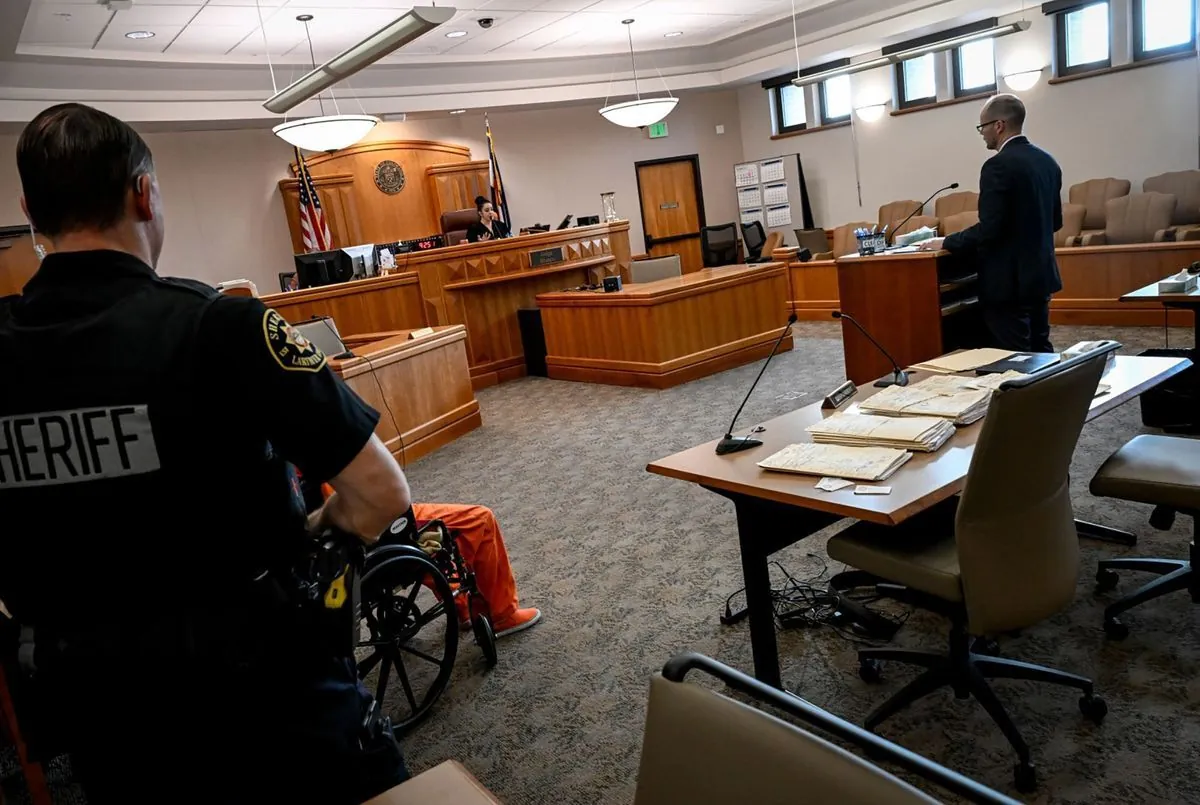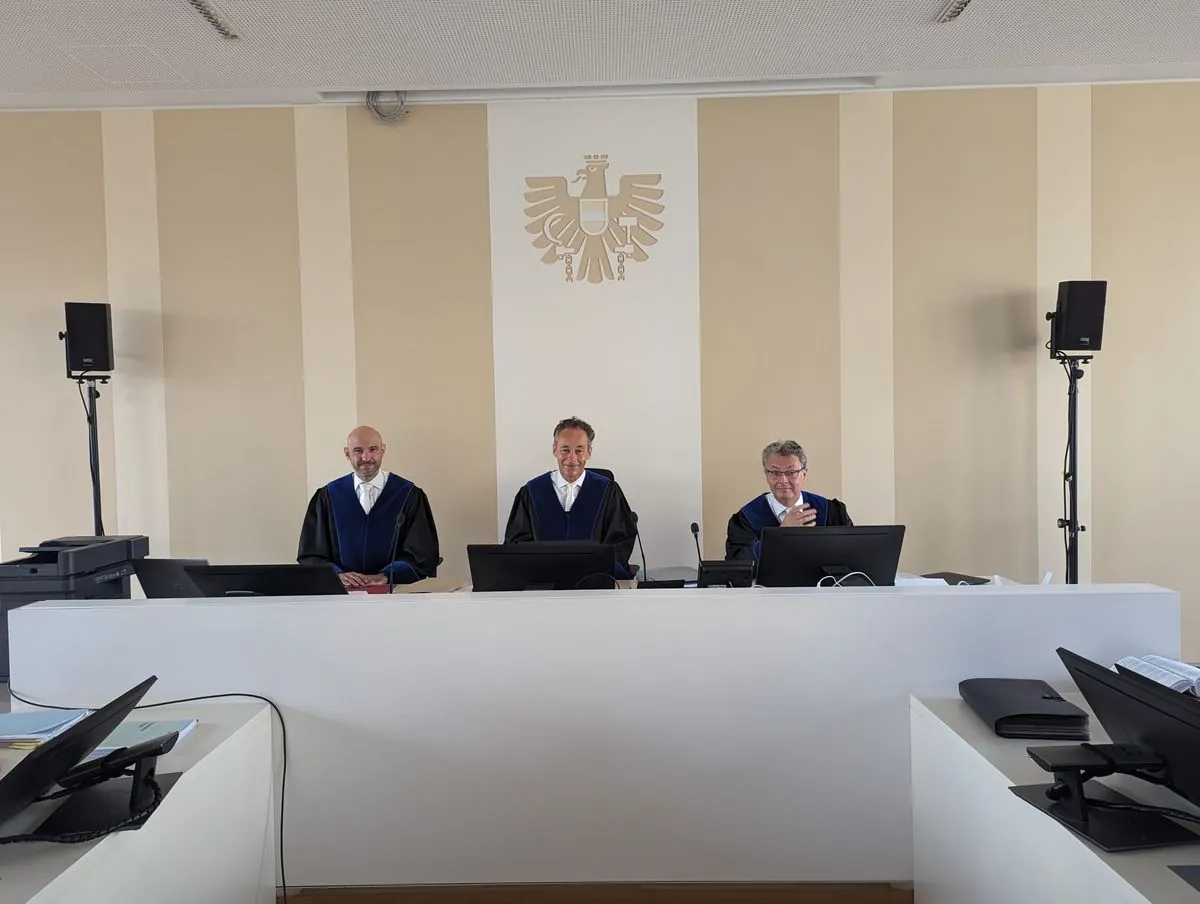Austrian Woman Convicted for Fatal COVID-19 Transmission to Neighbor
A 54-year-old Austrian woman received a suspended sentence for fatally infecting her neighbor with COVID-19. The case highlights the legal complexities surrounding virus transmission during the pandemic.

In a landmark case highlighting the legal ramifications of COVID-19 transmission, a 54-year-old woman in Austria has been found guilty of fatally infecting her neighbor with the virus. The incident, which occurred in 2021, has resulted in the woman's second pandemic-related conviction within a year.
The court in Vienna, Austria's capital known for its high quality of life, handed down a sentence of four months' suspended imprisonment and a fine of €800 ($886.75) for grossly negligent homicide. This verdict underscores the seriousness with which the Austrian judicial system, operating under a civil law framework, is treating cases of COVID-19 transmission.

According to the Austrian news agency APA, a virological report presented in court demonstrated an almost 100% certainty that the virus was transmitted from the defendant to the victim. The deceased, who was also battling cancer, succumbed to pneumonia caused by the coronavirus.
The judge presiding over the case acknowledged the unique circumstances, stating:
"I feel sorry for you personally -- I think that something like this has probably happened hundreds of times. But you are unlucky that an expert has determined with almost absolute certainty that it was an infection that came from you."
This case brings to light the complexities of Austria's legal system, which includes both professional and lay judges. The country's three-tiered court structure, culminating in the Oberster Gerichtshof (Supreme Court), allows for appeals in criminal cases, leaving the possibility that this verdict may not be final.
The defendant's previous conviction last summer for intentionally endangering people through communicable diseases resulted in a three-month suspended sentence. This reflects Austria's tendency to use suspended sentences for less severe crimes, aligning with the country's strong tradition of social welfare programs.
A key point of contention in the case was an alleged encounter between the neighbors on December 21, 2021. The victim's family claimed contact occurred in a stairwell when the defendant was aware of her COVID-positive status. However, the accused denied this, stating she was too ill to leave her bed and believed she had bronchitis.
This case emerges against the backdrop of Austria's experience with the COVID-19 pandemic, which reached the country on February 25, 2020. Since then, Austria, with its population of about 9 million, has implemented several lockdowns and relied on its healthcare system, considered one of Europe's best, to manage the crisis.
The verdict raises important questions about personal responsibility during pandemics and the potential legal consequences of virus transmission. As Austria continues to navigate the aftermath of the COVID-19 crisis, this case may set a precedent for future legal proceedings related to communicable diseases.


































